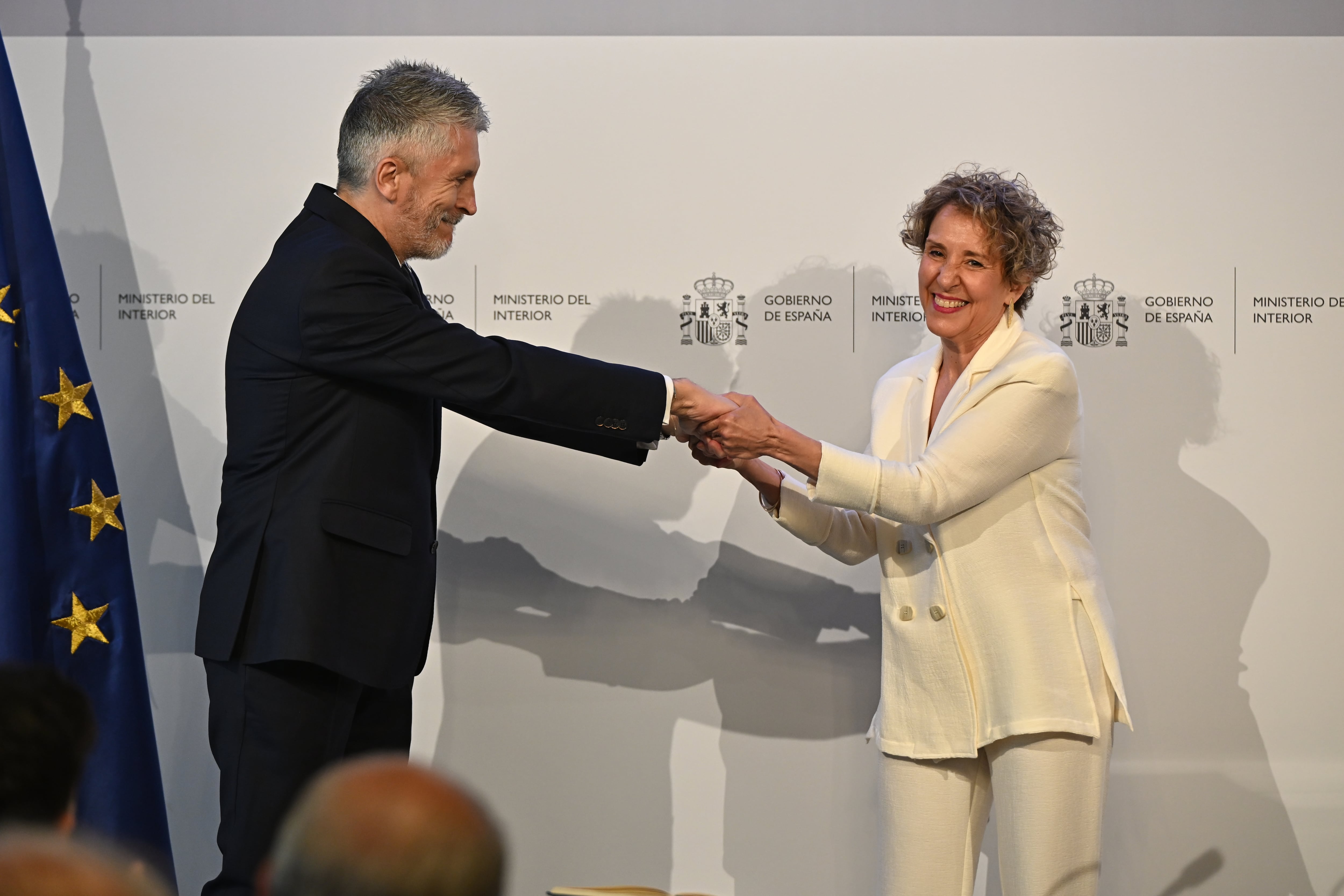French merchants ask for dereferencing Shein and Temu – Liberation

War is declared. As a bill (PPL) Aiming Shein and Temu was examined Monday June 2 in the Senate, a large majority of French merchants have allied to launch an offensive against Asian giant sites. In an open letter addressed to the government, they claim the dereferencing of these platforms. « 8 % to 95 % of the products offered on TEMU, Shein and Aliexpress do not meet the standards in force in the EU », denounce the French Commerce Council (CDCF) and the Confederation of Shops of France (CCF) by citing figures from European surveys, in a press release this Tuesday, June 3.
Monday, these two representative federations, associated with 14 others and with more than 230 brands (about 80 % of the sector), asked the government, via the repression of fraud (DGCCRF), D ‘« Understanding a dereferencing procedure without delay » de Shein, Temu et aliexpress. « French law already gives the means of action », believe the two signatory federations, not seeming to want to wait for the final version of the PPL targeting fast fashion.
They also recall that « The consumer code allowed the DGCCRF, in the event of serious and persistent shortcomings, to order dereferencing, suspension or even blocking access to a site ». Before insisting: « A French merchant who would sell 94 % of non-compliant products, 66 % of which for dangerousness would be closed immediately. »
Solicited by AFP, the cabinet of the Minister of Commerce, Véronique Louwagie, assures that the latter examines « This request with the greatest attention, in close connection with its services ». For its part, Shein certifies to AFP Invest « This year 13 million euros for the safety and compliance of products, including 2.5 million safety and product quality tests (an increase of 25 % compared to last year) ». The company also highlights its « Partnerships with 15 testing agencies recognized internationally ».
The attacks multiply in front of the dazzling boom of these two actors of the ultra-fast fashion or « Ultra-Express mode » and e-commerce, accused of incentive to overconsumption, environmental pollution and unfair competition from European companies.
On Monday, the Senate lent a long time in the PPL which provides for a advertising prohibition For these companies, financial penalties or an obligation to raise awareness of consumers to the environmental impact of their clothes.
On the occasion, the president of the female ready-to-wear federation, Yann Rivoallan, had pushed the point: « I think that these companies must be prohibited in short. » « »If these products are dangerouswhy can consumers buy them? « He asked himself about RTL. In the absence of a ban, it pleads at least to « A tax as we have been able to set up in the United States ». Washington had established customs duties at 120 % in May, targeting packages from Asian sellers such as TEMU, Shein or Aliexpress, now reduced to 54 %.
For trade players in France, « The threat is not only safe ». « These platforms elude VAT, escape customs duties, bypass the periods of sales, violate the rules of labeling and commercial transparency », According to the CCF and the CDCF.
In addition to American customs duties, the PPL « Fast Fashion » And requests for dereference, the European Union is also trying to stem the phenomenon. The European Commission recently proposed to impose fees of 2 euros on each « little » package in Europe – Currently exempt from customs duties – whose vast majority comes from China.
To date, in France, large Asian platforms represent 22 % of the parcels routed by post, according to the boss of the French public group, Philippe Wahl, while they weighed « Less than 5 % five years ago ».
Same exponential tendency in Europe where in 2024, around 4.6 billion of low value shipments (91 % from China) entered the market, a figure that doubled compared to 2023 and tripled compared to 2022, the European Commission is panic.








